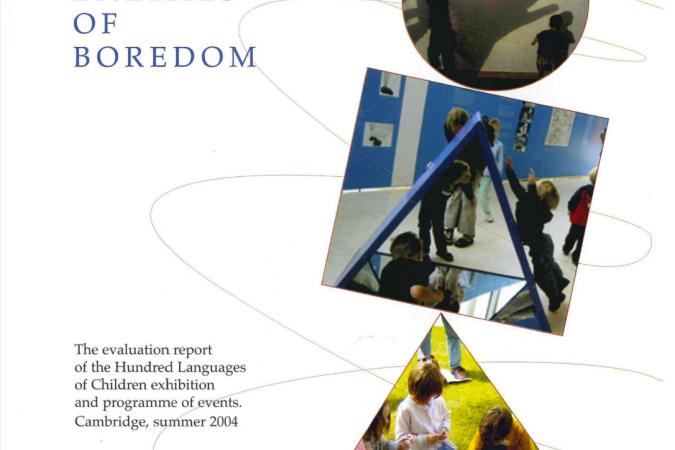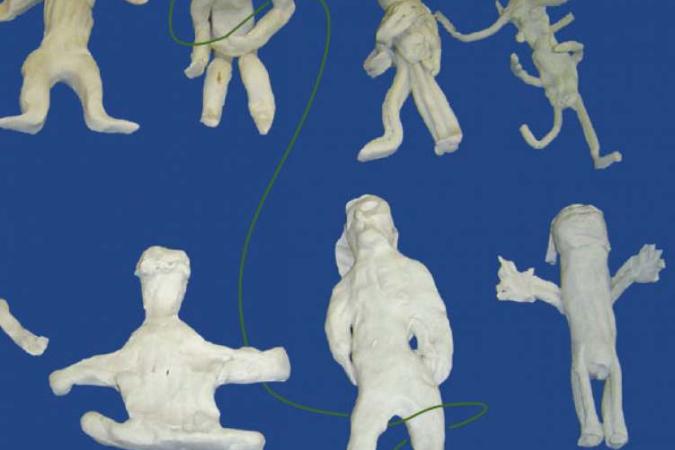CCI has been researching the impact of our practice since the beginning and we are proud of the incredible collection of publications, research articles, webinars and films that have evolved from this commitment.
Early studies that still shape our thinking about professional development for teaching staff include Enemies of Boredom and Igniting a Fuse, written with colleagues from the University of Cambridge Faculty of Education. To mark 15 years since hosting The 100 Languages of Children, an exhibition from Reggio in Northern Italy, researchers returned to the community who led in shaping that work to revisit how we articulate our vision for the future. This led to our unique A Call for Spaces of Liberated Learning provocation with which we invite colleagues into a space of possibility thinking and deep reflection when we host events and meetings.
Professor Nicola Walshe has led the Eco-Capabilities project since 2017, first at Anglia Ruskin University and now based at the new Centre for Climate Change and Sustainability Education at University College London (UCL). In 2019 the Eco-Capabilities project found:
- Artscaping practice developed the following eco-capabilities in children: autonomy; bodily integrity and safety; individuality; mental and emotional wellbeing; relationality: human/nonhuman relations; senses and imagination; and spirituality. Together, these improved children’s wellbeing
- Children’s wellbeing was also improved by the development of: self-confidence and self-esteem; agency; what CCI calls ‘slowliness’ and calmness; and connectedness with nature
- Children felt happier with their life as a whole, spending time outdoors and doing things away from home, and were more optimistic about what the future holds for them
- Artscaping practice engages children with issues of environmental sustainability, developing sustainable behaviours.
In 2022, we worked both with Nicola and also Fullscope and Cambridge Acorn Project to investigate how Artscaping practice can be expanded to whole communities as phase 1 in a new national research programme run by the National Centre for Creative Health. Artscapers from Mayfield Primary School worked with the team to co-create new training resources, including the Companionship Compass. Teachers, teaching assistants and volunteers in schools were trained to become Community Artscapers and deliver Artscaper nurture groups. There was a positive impact on:
- children's confidence, relationships, happiness, creativity, engagement as a learner and well-being.
- adult's confidence, well-being, and understanding of mental health provision for children.
The research report on Branching Out together with a Guide for schools can be read here. CCI also works closely with colleagues at Anglia Ruskin University, Bath Spa University, Goldsmiths University of London and King's College London. Explore more of the evidence in our Resources section.
-
I have learnt so much about exploring the world around us from the children - they have reminded me of the value of slowing down and taking time to just ‘be’ in the outdoors. Importantly, I have seen how making art in nature is precious for everyone, both as individuals and as communities, helping us think together about how we care for each other and the environment.
Professor Nicola Walshe
You may be interested in...

Enemies of Boredom
An evaluation of the Hundred Languages of Children Exhibition held in Cambridge in 2004. By Dr Mandy Maddock, University of Cambridge, Faculty of Education.

Igniting a Fuse
An illustrated account of developing the creative practices of a group of primary school educators.

Eco-Capabilities as a Pathway to Wellbeing and Sustainability
A recent journal article published in Sustainability, 2022
